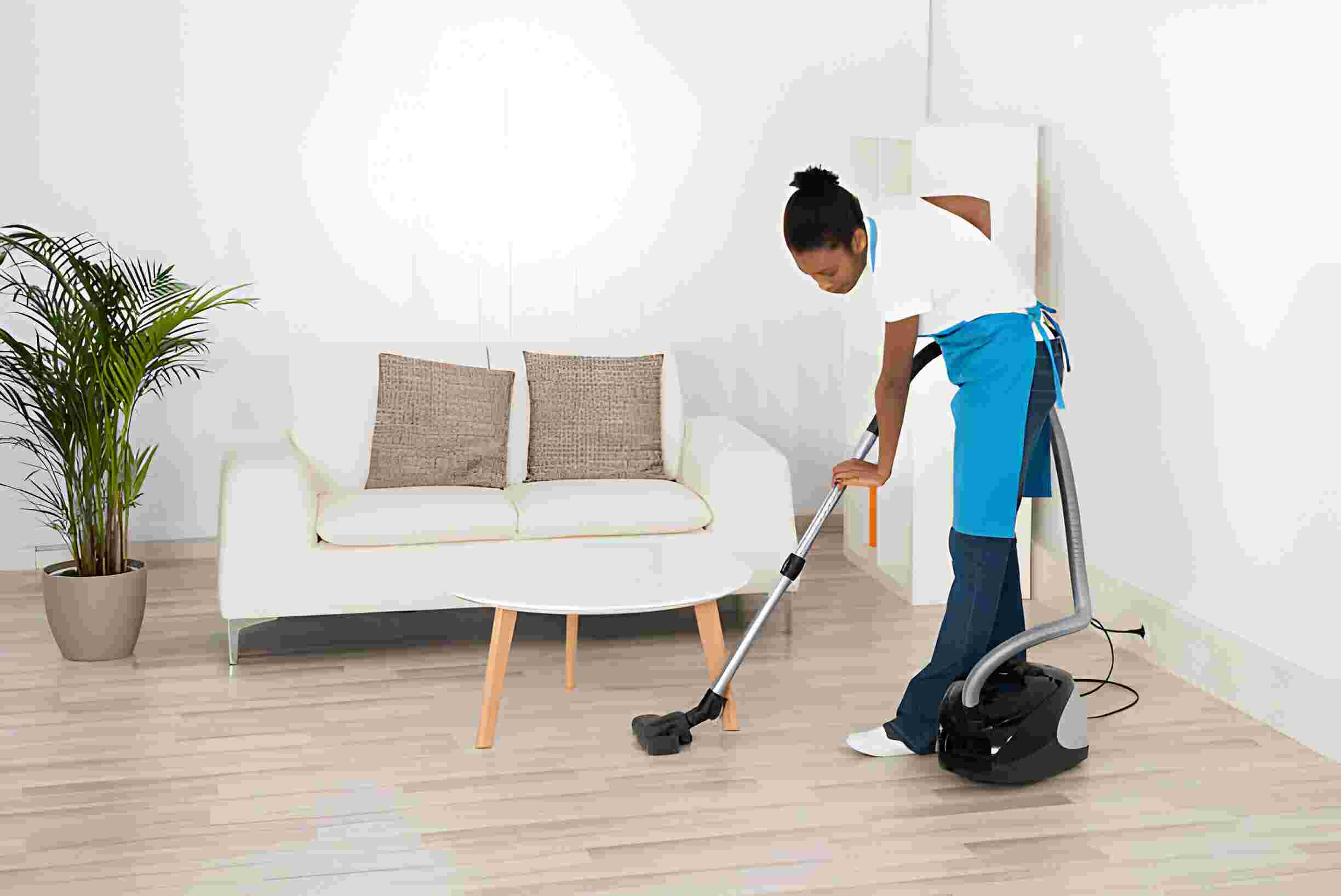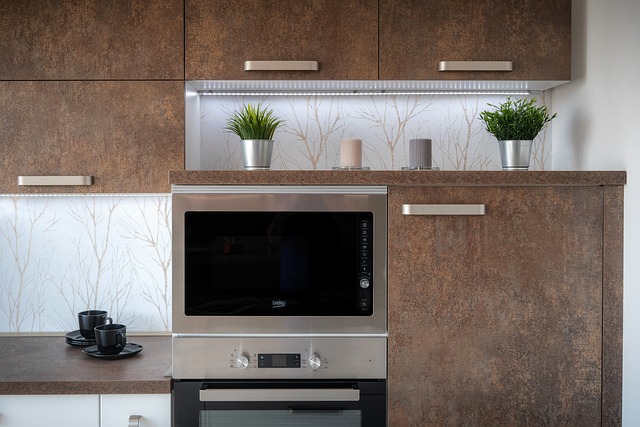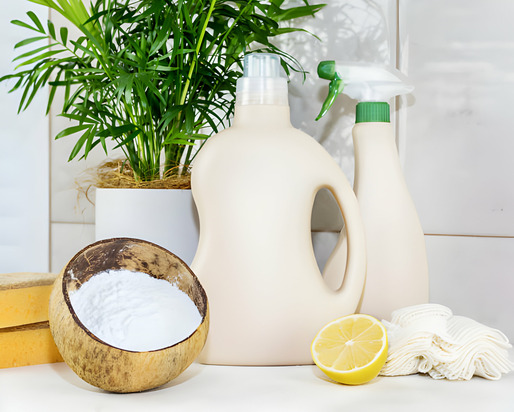In the chaos of our daily lives, with schedules that seem relentless and demands that never cease, there’s often a yearning for peace, clarity, and a moment of respite. As it turns out, one of the most accessible paths to this sought-after serenity is right at our fingertips, or more precisely, under our brooms and within our cleaning cabinets. This article explores the profound connection between regular cleaning and the tranquility it can bring to your mental health.
The act of cleaning is not just about tidying up physical spaces; it’s a therapeutic journey that nourishes the soul. It’s a transformative ritual that not only results in a spotless home but also paves the way for a peaceful mind. In the following pages, we will dive deep into “The Benefits of Regular Cleaning for Your Mental Health.” We will unravel the psychological intricacies, unveil the practical steps, and ultimately reveal how regular cleaning can be the cornerstone of a healthier, happier you.
The Science of Cleaning and Mental Health
Reducing Stress Hormones
The act of cleaning your home can be a fantastic stress-reliever. Research has shown that engaging in physical activities like cleaning can reduce the levels of stress hormones, such as cortisol, in your body. When you tidy up, your mind focuses on the task at hand, effectively diverting it from stressors. Furthermore, the satisfaction of completing a cleaning task can trigger the release of endorphins, natural mood-lifters.
Enhancing Cognitive Function
A cluttered environment can lead to cognitive overload, where our brains are overwhelmed by the chaos, making it challenging to concentrate and think clearly. Regular cleaning helps declutter your living space, freeing up mental space. A clean and organized environment can enhance cognitive function, leading to better decision-making and problem-solving skills.
Boosting Mood and Happiness
The mere act of cleaning and creating a tidy living space has a direct positive impact on your mood. Psychologists have long recognized the link between a clean home and improved emotional well-being. A clean environment can promote feelings of happiness and contentment, contributing to an overall positive outlook on life.
The Psychological Effects of a Clean Home
Reduced Anxiety
A cluttered home can often lead to feelings of anxiety and unease. The mess can create a visual reminder of unfinished tasks and responsibilities, causing mental stress. When you maintain a clean home, you reduce these triggers of anxiety, promoting a calmer and more relaxed mental state.
Increased Productivity
An organized environment can significantly improve your productivity. When you don’t have to wade through clutter or deal with constant distractions, you can concentrate better on your work or hobbies. This increased productivity can lead to a sense of accomplishment and reduced mental stress.
Sense of Control
Cleaning and organizing your home can instill a sense of control over your environment. This control, even if it’s just over the cleanliness and order of your living space, can translate into a greater sense of control over your life. It can be especially empowering for individuals dealing with anxiety disorders.
Improved Relationships
A clean and organized home can have a positive impact on your relationships. It creates a welcoming and comfortable atmosphere for both family and guests. It also reduces the potential for conflicts and stress related to mess and clutter. When your home is clean, it’s easier to host friends and family, fostering social connections and promoting mental well-being.
Practical Tips for Maintaining a Clean and Healthy Home
Declutter Regularly
One of the keys to a clean home is decluttering. Make it a habit to go through your belongings regularly and get rid of items you no longer need. A clutter-free space is easier to clean and promotes mental clarity.
Establish Cleaning Routines
Create a cleaning schedule that works for you. Whether it’s a daily, weekly, or monthly routine, consistency is key. Having a structured plan can reduce the mental burden of deciding when and how to clean.
Seek Help if Necessary
If cleaning feels like an overwhelming task, don’t hesitate to seek help. Consider hiring a professional cleaning service or involving family members in the cleaning process. Sometimes, sharing the responsibility can alleviate the mental burden.
Create a Relaxing Cleaning Environment
Turn cleaning into a therapeutic experience by making it enjoyable. Play your favorite music, light scented candles, or invest in cleaning products with pleasant scents. Transform cleaning into a self-care ritual.
How to Incorporate Cleaning into Your Self-Care Routine
Mindful Cleaning
Consider practicing mindful cleaning. Focus your attention on the task at hand, be present in the moment, and embrace the process as a form of meditation. Mindful cleaning can help you relax and clear your mind.
Cleansing Negative Energy
Cleaning can be a powerful way to cleanse your living space of negative energy. When you clean, visualize yourself removing not just physical dirt but also emotional and mental clutter.
Setting Cleaning Goals
Set achievable cleaning goals to give yourself a sense of accomplishment. The act of completing cleaning tasks can boost your self-esteem and reduce stress.
Conclusion
The benefits of regular cleaning for your mental health are far-reaching. From reducing stress hormones to fostering a sense of control and improving your overall mood, the act of maintaining a clean and organized living space is a powerful tool for promoting mental well-being.
Cleaning is not just a chore; it’s a form of self-care. By incorporating cleaning into your routine and embracing it as a mindful practice, you can transform your home into a sanctuary for your mental health. So, let’s embark on this journey towards a cleaner, more peaceful mind, one organized closet and dust-free shelf at a time. Your mental well-being will thank you.














